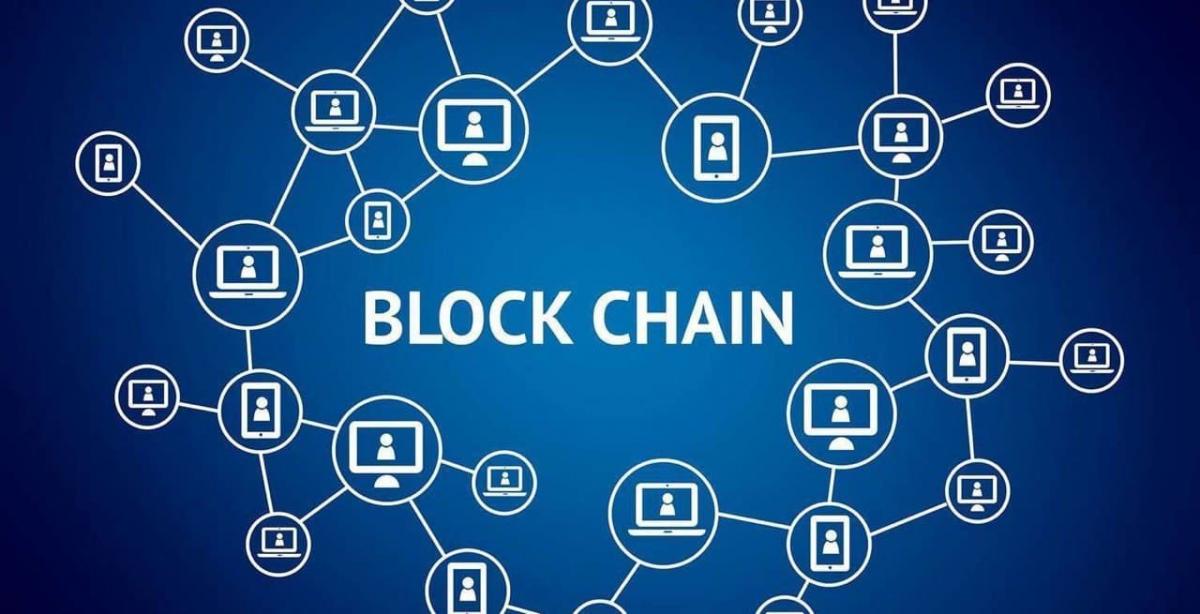I am Mariya Borevich, your personal lawyer. My primary goal is to help clients find optimal solutions to current legal issues, ensuring reliable protection of their interests. I specialize in family, civil, and military law, which allows me to effectively handle a variety of situations and cases. In family law, I provide support in resolving issues related to divorce, property division, establishing and challenging parental rights, alimony, and child custody. I understand that these matters are often emotionally complex, so I always strive to find the most delicate and fair solutions for all parties involved. In civil law, I assist in settling disputes related to contracts, property rights, compensation for damages, inheritance, and other issues concerning the protection of personal and property interests. Special attention is given to military law — supporting servicemen, protecting their rights and interests related to military service, social guarantees, and legal disputes. This area requires deep knowledge and understanding of the specifics of military service and the legislation regulating it.
Blockchain is a distributed database that provides secure storage and transmission of data using hashing and cryptography. In simple terms, a blockchain can be thought of as a chain of blocks, where each block contains a certain amount of data, as well as the hash of the previous block. This allows you to create a reliable and tamper-proof record system that can be used to record transactions, agreements, documents and other data.
One of the main principles of blockchain is decentralization, which means there is no central authority or control over the system. Instead, the data is stored on different computers (nodes) in the network, and each node has a copy of the entire database. This makes the system more resistant to interference and manipulation.
Blockchain project are projects that use blockchain technology to create various decentralized applications, services and platforms. Blockchain technology allows for the creation of distributed databases in which information is stored in the form of blocks that will be constantly added to the chain.
These projects can span a variety of fields, including finance, logistics, medical, supply chain, legal, and more. Some of the most famous blockchain projects include Bitcoin, Ethereum, Ripple, Hyperledger, Corda and many others.
These projects can be both open (that is, based on open blockchain platforms available to everyone) and private (created for internal use by a specific company or organization).The main advantage of blockchain technology is that it allows to ensure a high level of security, reliability and transparency in the exchange of data and digital assets without the need for the mediation of centralized organizations.
Legal support of blockchain projects includes a number of important aspects, as these projects can have a significant legal impact in various areas. Some of the main aspects of legal support include:
Regulation: Depending on the country and scope of application, blockchain projects may be subject to different legal norms and regulatory requirements. Lawyers should carefully study the laws and regulations relating to blockchain technology in their respective jurisdictions.
Token Legitimacy: Many blockchain projects use tokens or cryptocurrency to finance and exchange internal resources. It is important to ensure that the issuance and circulation of tokens meet the relevant legal requirements and do not violate regulatory norms.
Licenses and Permits: Some blockchain projects, especially those related to finance or medicine, may require special licenses or permits from regulatory authorities.
Intellectual Property Protection: Lawyers must ensure the protection of intellectual property related to blockchain technology, including patents, copyrights, and trademarks.
Agreements and contracts: The conclusion of agreements with developers, partners and clients, as well as the conclusion of employment and cooperation contracts, is an important part of legal support.
Dispute settlement: Legal consultants are also engaged in the resolution of conflicts and disputes that may arise during the implementation of blockchain projects.
In general, the legal support for IT business aims to ensure compliance of the project with regulatory requirements and protect the rights and interests of all parties involved in the project.





























